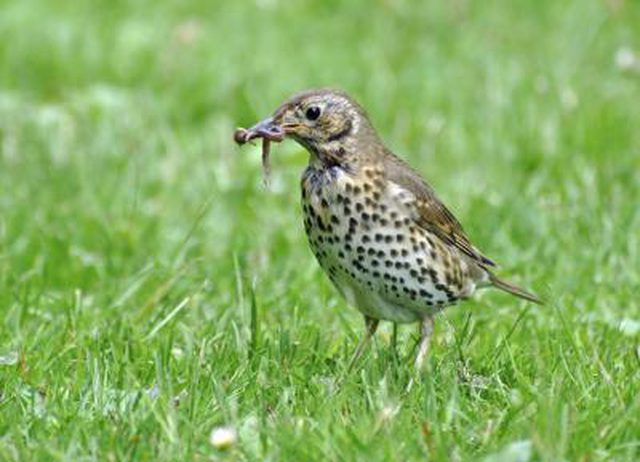Bulbs
Flower Basics
Flower Beds & Specialty Gardens
Flower Garden
Garden Furniture
Garden Gnomes
Garden Seeds
Garden Sheds
Garden Statues
Garden Tools & Supplies
Gardening Basics
Green & Organic
Groundcovers & Vines
Growing Annuals
Growing Basil
Growing Beans
Growing Berries
Growing Blueberries
Growing Cactus
Growing Corn
Growing Cotton
Growing Edibles
Growing Flowers
Growing Garlic
Growing Grapes
Growing Grass
Growing Herbs
Growing Jasmine
Growing Mint
Growing Mushrooms
Orchids
Growing Peanuts
Growing Perennials
Growing Plants
Growing Rosemary
Growing Roses
Growing Strawberries
Growing Sunflowers
Growing Thyme
Growing Tomatoes
Growing Tulips
Growing Vegetables
Herb Basics
Herb Garden
Indoor Growing
Landscaping Basics
Landscaping Patios
Landscaping Plants
Landscaping Shrubs
Landscaping Trees
Landscaping Walks & Pathways
Lawn Basics
Lawn Maintenance
Lawn Mowers
Lawn Ornaments
Lawn Planting
Lawn Tools
Outdoor Growing
Overall Landscape Planning
Pests, Weeds & Problems
Plant Basics
Rock Garden
Rose Garden
Shrubs
Soil
Specialty Gardens
Trees
Vegetable Garden
Yard Maintenance
How Do Earthworms Help the Soil?
How Do Earthworms Help the Soil?. Soil is a vital element in Earth’s ecosystem. It teems with living organisms and is the foundation for life, providing the crucial nutrients plants need to grow. The healthier the soil is, the more bountiful the harvest. Earthworms, among the simplest creatures on the planet, play important roles in...

Soil is a vital element in Earthís ecosystem. It teems with living organisms and is the foundation for life, providing the crucial nutrients plants need to grow. The healthier the soil is, the more bountiful the harvest. Earthworms, among the simplest creatures on the planet, play important roles in improving soil conditions by changing its texture and leaving behind nutrients as they go about their daily business.
Soilís Roles
Along with helping to regulate water flow and filtering pollutants, soil sustains plant life by cycling key nutrients and providing stability and support for root systems. Soil composition runs the gamut from sand to clay. The addition of organic material improves the ability of any soil type to support plant growth. Garden soils also need key minerals and good aeration, which earthworms provide.
Earthworms' Roles
As they burrow their way through soil, earthworms eat their weight each day in organic materials, such as fallen leaves and decaying grass and other plants. They grind up this material and leave it behind in smaller deposits known as castings. The castings are rich in elements crucial for plant growth; those elements include phosphates, nitrates and potash. Just as important, their burrowing helps to aerate the soil, which allows for better air and water penetration to feed plant roots and creates room for healthy root growth. Their activity also neutralizes the acidity and alkalinity of soil and stimulates the activity of soil microbes.
More About Earthworms
Although more than 3,000 species of earthworms exist, about only six species play vital roles in improving agricultural soil. Scientifically, they are known as annelids and are most active at night. They grow from 1 inch in length to more than 6 feet long. They have a brain and can sense light, touch and taste. The two primary types of earthworms are nightcrawlers, which burrow deep into the ground, and redworms or grayworms, which live in the top 1 foot of soil. Their best environment is organic soil that has a high concentration of nitrogen.
Worm Casting Compost
The addition of compost to soil is a common method gardeners use to improve its organic content. Vermicomposting takes advantage of worms' natural activity of breaking down organic material and food scraps into rich food for garden plants. Worm bins for vermicomposting are relatively simple to build and maintain. Earthworms also are beneficial for lawns in the same ways they are beneficial for gardens. Although their castings may seem unsightly or worm activity may create some lumps in lawns, they improve soil health.